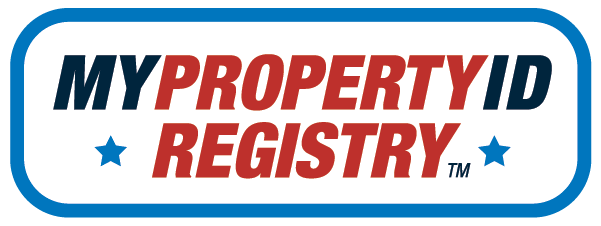Guest blog by Thomas Raulen, law enforcement professional.*
There is no shortage of ways in which one can become a crime victim. From online scams to credit card fraud to identity theft, offenders can perpetrate their crimes without even being in the same state or county as their victim. For all of its advantages, technology has also expanded the means and reach by which criminals can inflict harm. Fortunately, crime-prevention measures also leverage technology, making victimization less likely in many circumstances where due diligence is exercised.
Of course, there are still plenty of criminals who take the old-fashioned approach of committing their crimes in person, without the benefit of the internet. Sadly, the simple yet effective offense of auto burglary remains one of the most common felonies in many cities and towns. While the news may highlight a case in which a thief broke a window to steal from the car, the reality is, most auto burglaries are the result of unlocked doors. Offenders walk through neighborhoods, shopping center parking lots, and apartment complexes checking car door handles. The best way to avoid being the victim of an auto burglary is to make sure the vehicle’s doors are locked. Most thieves who encounter a locked door will walk away and move on to another car.
A Community-Wide Approach to Avoid Being a Crime Victim
Checking for unlocked car doors is about as low-tech as a criminal can get. However, avoiding the unwanted title of crime victim may involve a few more precautions beyond locking car doors. Perhaps the best known and most effective community approach to crime prevention is the Neighborhood Watch program.
Simplified here but detailed elsewhere in this blog, Neighborhood Watch brings the community and law enforcement together to exchange information and encourages reporting of suspicious activity within one’s neighborhood. One of the key elements of Neighborhood Watch is the signs posted within a community. With its silhouetted burglar surrounded by the distinct red circle and a diagonal line, the Neighborhood Watch sign is synonymous with a “no victims here” mentality.
https://www.nnw.org
Deputy Cliff Labbe is a law enforcement officer and crime prevention specialist in Florida. When asked about the Neighborhood Watch program, he stated, “My agency can barely keep up with the demand for new programs. Our Community Affairs Unit is constantly getting calls from neighborhood representatives wanting to start a new Neighborhood Watch program.” He described his agency’s outreach a few years ago in which they touted the advantages of the program. It seemed to spread as fast as they could keep up. “Many people would call because they would hear about other areas of town that had Neighborhood Watch, and they did not want to miss out,” Deputy Labbe noted.
My Property ID Registry and the Fear of Missing Out (FOMO)
It is human nature, when people hear of a good thing, they tend to want it. If the thing in question is a means to keep their family and property safe, the desire to get it for themselves is even stronger. Similar to the way Deputy Labbe described the spread of Neighborhood Watch, once a community discovers the benefits of MyPropertyID, it too becomes a coveted part of a home security plan.
https://mypropertyidregistry.com/2020/04/25/the-missing-link-in-home-security
The warning signs and commercial-grade ID tags that are part of MyPropertyID‘s deterrent component also serve to improve the neighborhood as a whole. Conversations between neighbors about the signs are known to prompt the spread of MyPropertyID‘s use. When combined with discussions at Neighborhood Watch meetings and postings in community newsletters, the benefits of MyPropertyID can reach more homes and become part of a neighborhood-wide effort to reduce crime.
https://mypropertyidregistry.com/2017/12/22/neighborhood-watch-tied-operation-id
*Thomas Raulen is a freelance writer specializing in public safety, government affairs, and community engagement. He is also a 27-year law enforcement practitioner, an adjunct professor of criminal justice, and a police academy instructor. Thomas is a twice graduate of the University of Central Florida.
https://thomasraulenwrites.com



